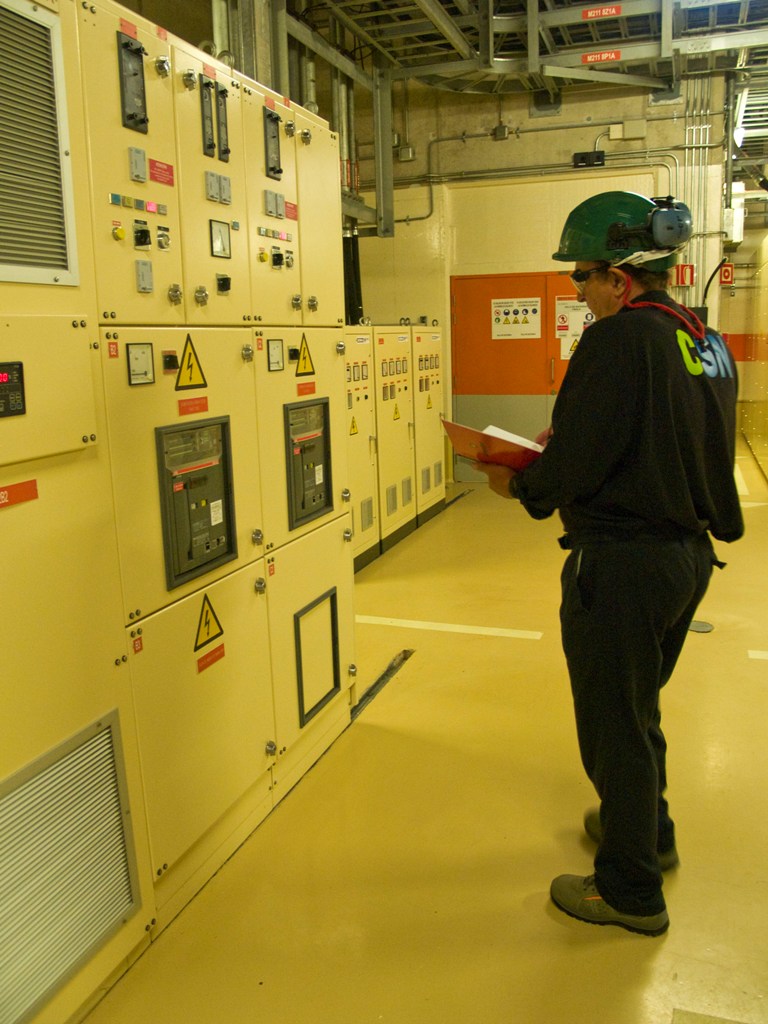Contenido principal
What we do for nuclear safety
Qué hacemos para lograr la máxima seguridad nuclear

Nuclear facilities and power plants are designed, built and operated according to levels of quality and engineering that match the importance of their components. The purpose of nuclear safety is to reduce the likelihood of an accident and to mitigate its consequences if it occurs.
Considering that it is the licensee of the facilities and activities that is responsible for their safety – a responsibility that cannot be delegated – the function of the Spanish Nuclear Safety Council (CSN) is to set the standards and regulatory framework and ensure their compliance, to protect the people and the environment from the risks of ionising radiations.
As the responsible regulatory body, the CSN ensures that suitable levels of nuclear safety are achieved and maintained in all phases of the life of the facility, for which it continuously monitors the facilities’ functioning through established supervision and control processes. In the case of nuclear power plants, the Council has permanent resident inspectors for a better knowledge of their daily functioning.
Nuclear facilities in operation must have an operating permit issued by the Ministry responsible for energy matters, for which a report from the CSN is needed. This report is mandatory and binding regarding the safety conditions it sets out. These operating permits set limits and conditions that the facilities’ licensees must comply with throughout the validity of the authorisation and list the official operating documents that must be provided by the licensee. Changes to these documents are subject to a licencing process that requires the issuing of a report by the CSN. Modifications to nuclear facilities that affect nuclear safety or radiation protection also require a licencing process.

